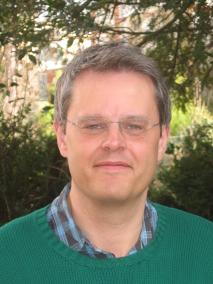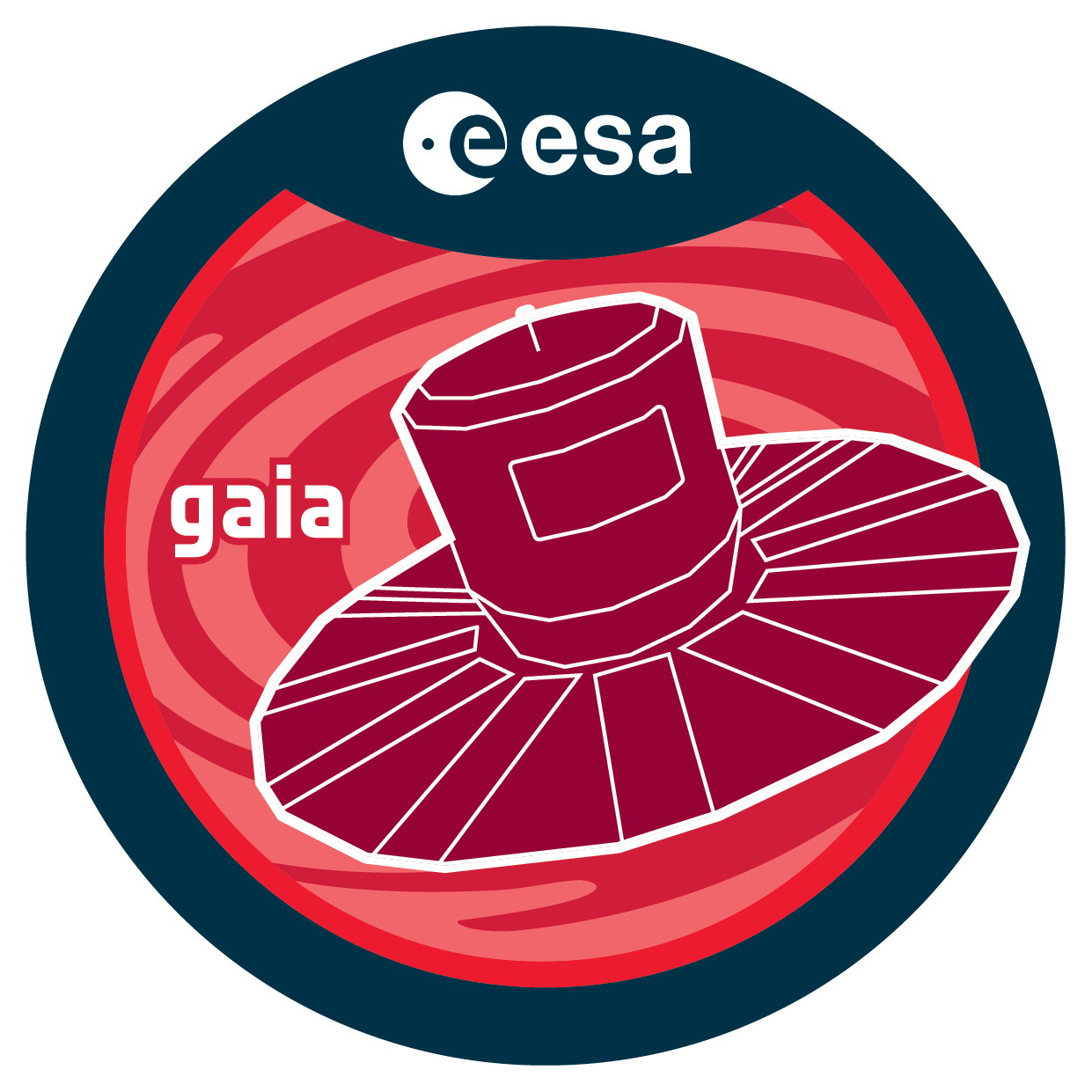Jordan Stefan - Gaia
Gaia contributors
Gaia was proposed in 1993 and since then, many people have been involved in the Gaia mission, whether at ESA, at industry side or at one of the institutes involved in the Gaia data processing. The Gaia Data Processing and Analysis Consortium (DPAC) is a collaboration which consists of around 450 scientists and engineers.
The list of Gaia contributors presented here should not be considered a complete representation of the entire consortium and should not be considered as a list of currenly active people on the Gaia mission. A more complete list of Gaia contributors that were involved in the creation of the Gaia catalogues can be obtained from the author lists of the Gaia Collaboration overview papers (for Gaia Data Release 1 see here, for Gaia Data Release 2 see here, for Gaia Early Data Release 3 see here, for the full Gaia Data Release 3 see here, for Gaia Focused Product Release see here). A history of contributions to the Gaia mission can be found from the acknowledgements given with each data release.
Gaia DPAC members who wish to be featured on these pages can contact the Gaia Helpdesk. Anyone who wishes to be removed from this website can contact the Gaia Helpdesk.
 |
Stefan Jordan ARI, Zentrum für Astronomie der Universität Heidelberg |
|
Stefan Jordan has worked on the late stages of stellar evolution, particularly on white dwarfs and their magnetic fields, throughout most of his scientific career. He became involved in astrometry through the former German satellite project DIVA before he joined the Gaia group at ARI. Stefan works for the First Look of the Gaia mission which includes a one-day astrometric solution allowing to verify the satellite functioning on the microarcsecond level. This solution will provide a first calibration of the instruments, as well as good initial values for the full data analysis. Scientifically, his interest in Gaia covers several topics: parallaxes of white dwarfs, a check of the precision of model atmospheres with astrometric data, and gravitational microlensing events. He is also currently involved in a study to see how efficiently Gaia can detect variable white dwarfs. Stefan is involved with the European Leadership in Space Astrometry (ELSA) programme as the Scientist in Charge for Astronomisches Rechen-Institut ARI/ZAH. Stefan's homepage is here. [Published: 28/03/2005 | Updated: 19/02/2007] |
|
- Removed a total of (2) style text-align:center;
- Removed a total of (4) style text-align:justify;
- Removed a total of (1) border attribute.
- Removed a total of (1) cellpadding attribute.
- Removed a total of (1) cellspacing attribute.
Gaia people archive
- Removed a total of (1) style overflow:auto;
- Removed a total of (2) border attribute.
- Removed a total of (2) cellpadding attribute.
- Removed a total of (2) cellspacing attribute.








































 Sign in
Sign in
 Science & Technology
Science & Technology

